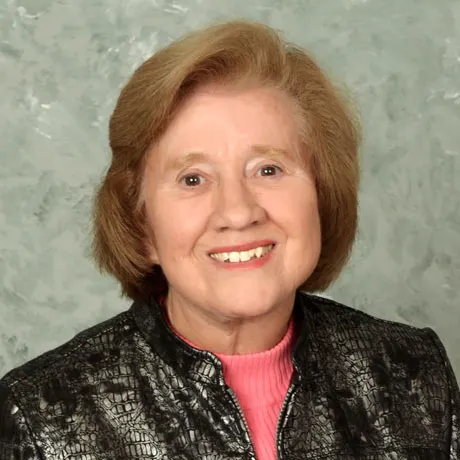Download: FAPE at a glance
Free appropriate public education (FAPE)PDF - 48.8 KB
Students with disabilities have a legal right to a free appropriate public education. It’s often called FAPE (which rhymes with cape). This article breaks down what this important term means. And you can also download a handy one-page version to share with others.
F is for free.
Free means the government pays for the education of students with disabilities. There’s no cost to families. However, families do have to pay the same extra school fees — for example, sports and club fees — that all students pay.
A is for appropriate.
Appropriate means that kids who qualify get an Individualized Education Program (IEP) with services to meet their unique needs. Other students with disabilities may get a 504 plan that gives equal access to learning.
P is for public.
Public means supervised by the public school. An IEP team — teachers, parents, and others — decides what services and support the student gets. In a few cases, the government may pay for kids with disabilities to attend private school.
E is for education.
Education can include special education. It can also include related services, like speech therapy, counseling, or even transportation. The goal is for kids to make progress in school and be prepared for the future.
Dive deeper
The right to FAPE is guaranteed in the Individuals with Disabilities Education Act (IDEA) and Section 504 of the Rehabilitation Act. Learn more about:

